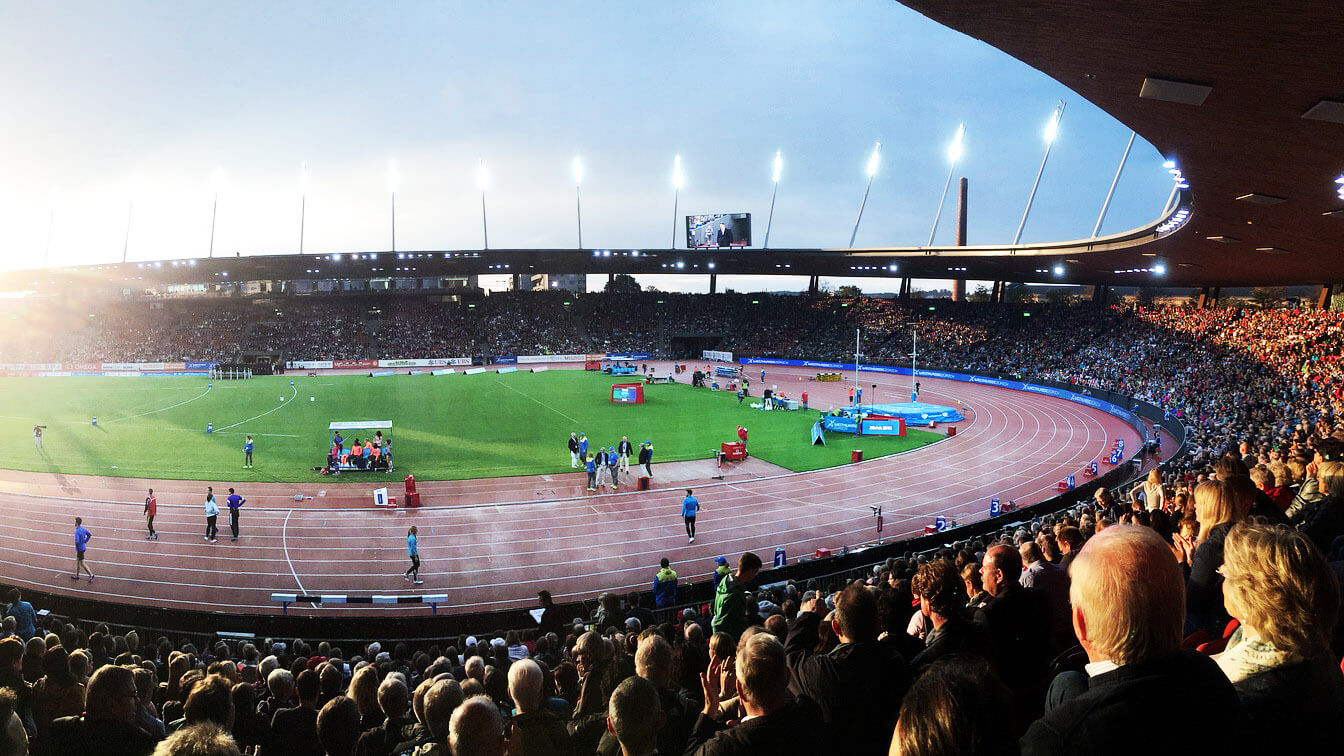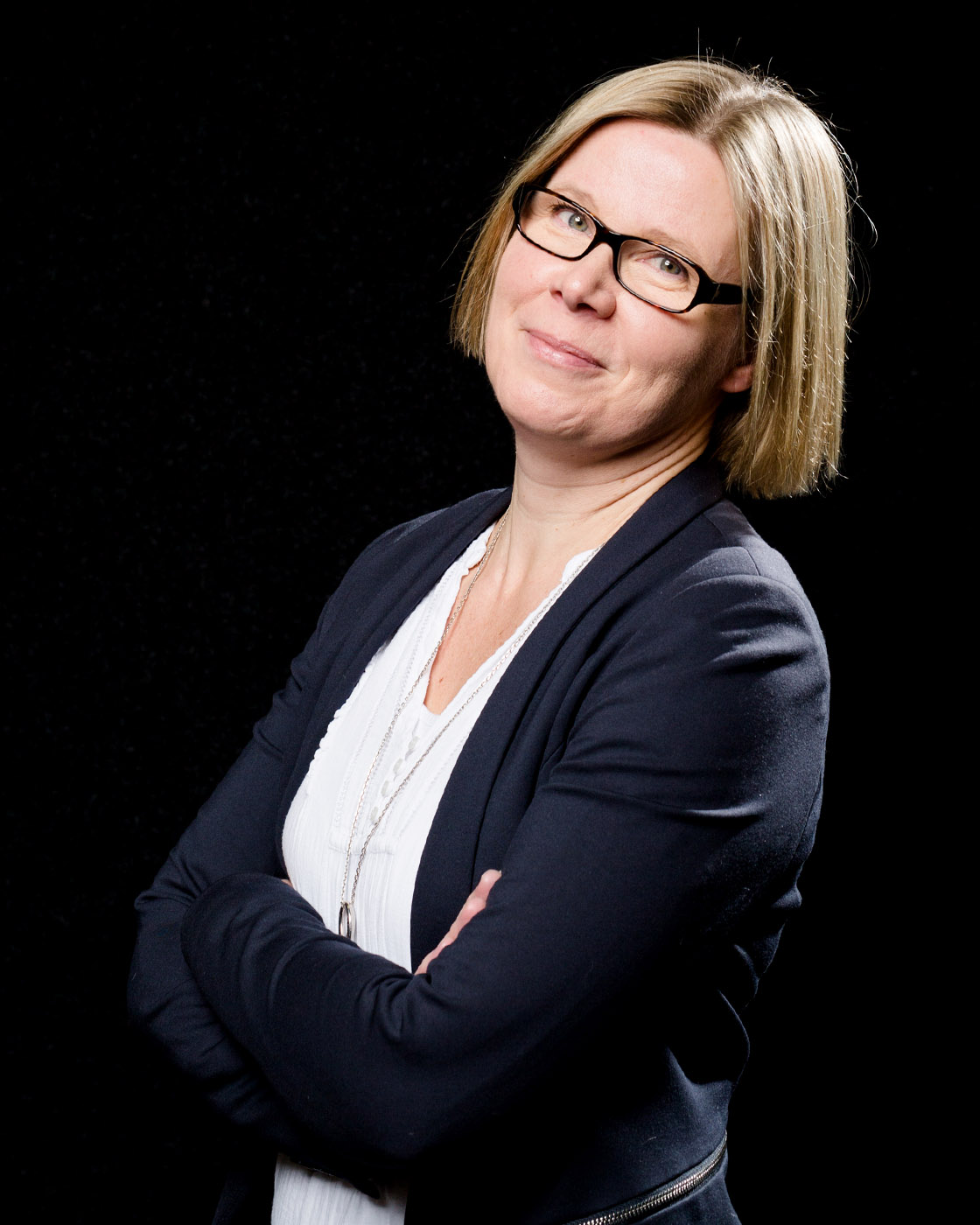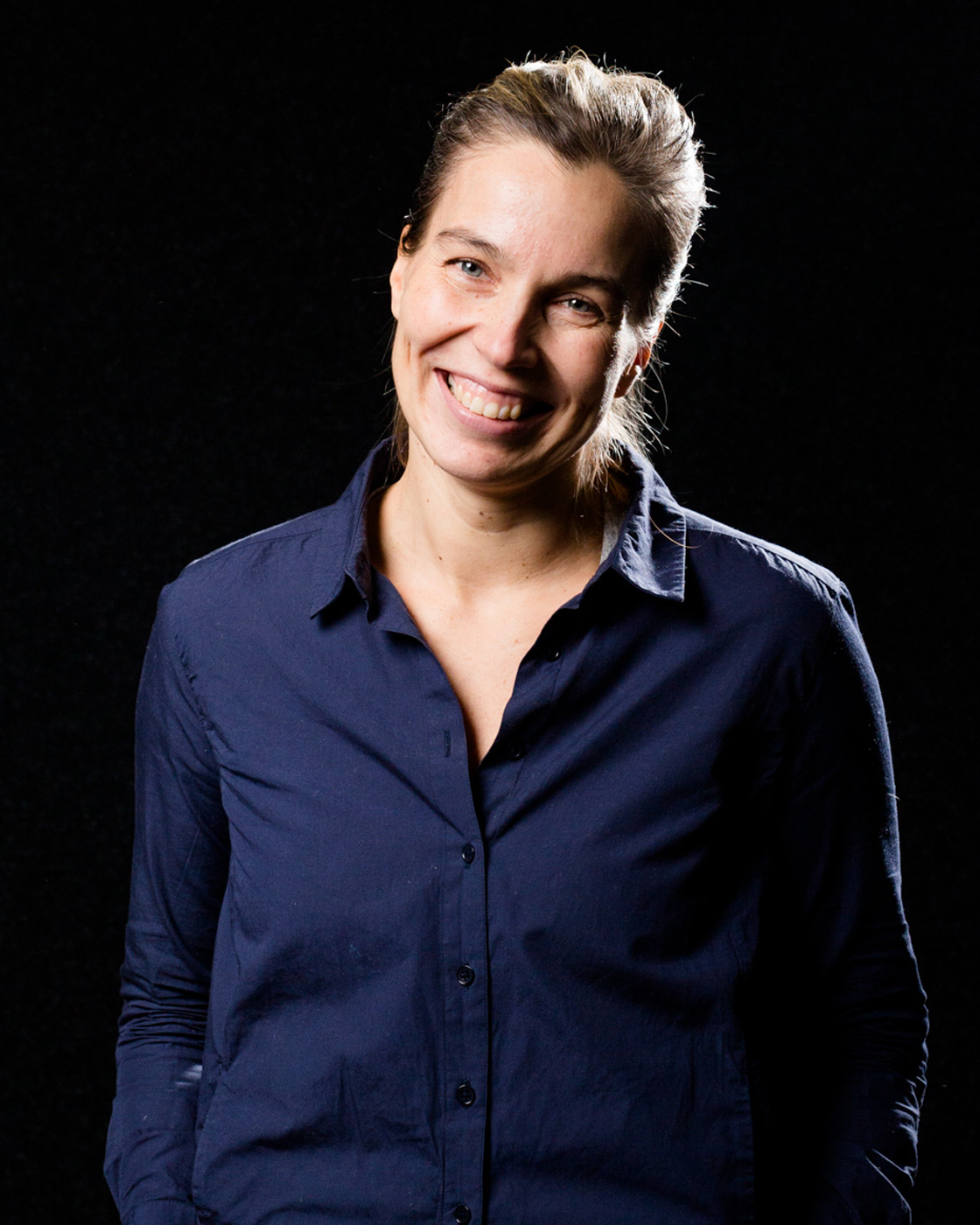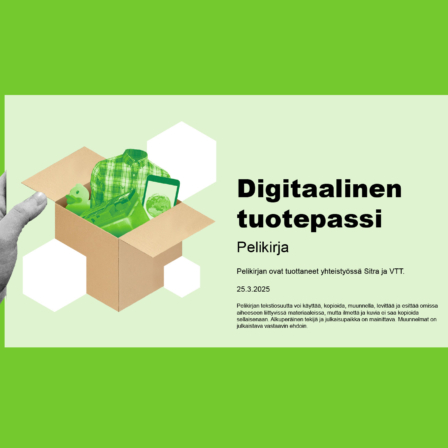Exactly two years ago nearly all countries in the world committed themselves to solve the climate crisis. The Paris Agreement, signed on December 12, 2015, aims to limit the rise in global temperatures to less than 1.5 degrees. To reach this goal, we need new circular economy solutions and everyone’s commitment to sustainability.
The Finnish Olympic Committee and Sitra are now inviting sports associations to take action together to create a sustainable future.
The network of environmental responsibility in sports aims to bring together experts in both sports and circular economy.
“Good operational models for sustainable event organising already exist. Now it is time to take the lessons learned into wider use and to find new, daring solutions through cooperation”, says Sitra’s leading circular economy specialist Nani Pajunen.
In addition to the network, the Finnish Olympic Committee and Sitra are compiling a comprehensive and practical toolkit for environmentally responsible sports associations.
“The purpose of the toolkit is to encourage sports associations to develop and try different operational models as well as get coaches and juniors to act for the environment. We want to inspire the doers to share their own smart practices,” says Sari Laine, sustainable everyday life specialist at Sitra.
Based on positive lessons learned from the World Ski Championships and the EcoCompass event project
The establishment of the network and the toolkit are based on the positive experiences from the previous sports events.
“The network and toolkit will systematically continue the steps that were taken forward in the World Ski Championships 2017 and in the EcoCompass event project (2015-2017) as well as cooperation for ecological sustainability in sports”, says Karoliina Ketola, social responsibility specialist at the Finnish Olympic Committee.
Together with Sitra, the organisers of the 2017 World Ski Championships in Lahti implemented several experiments to seek new sustainable ways to organise sports events. For instance, only renewable energy was used at the event, all waste was recycled, and cardboard packaging was used as an alternative to plastic water bottles. The lessons learned from Lahti were also utilised in Eurobasket 2017.
The EcoCompass event project extended the environmental system that was tailored for the events to a nationwide system. The environmental system comprises ten criteria to which the event or venue can commit themselves to earn a certificate.




















Contact us